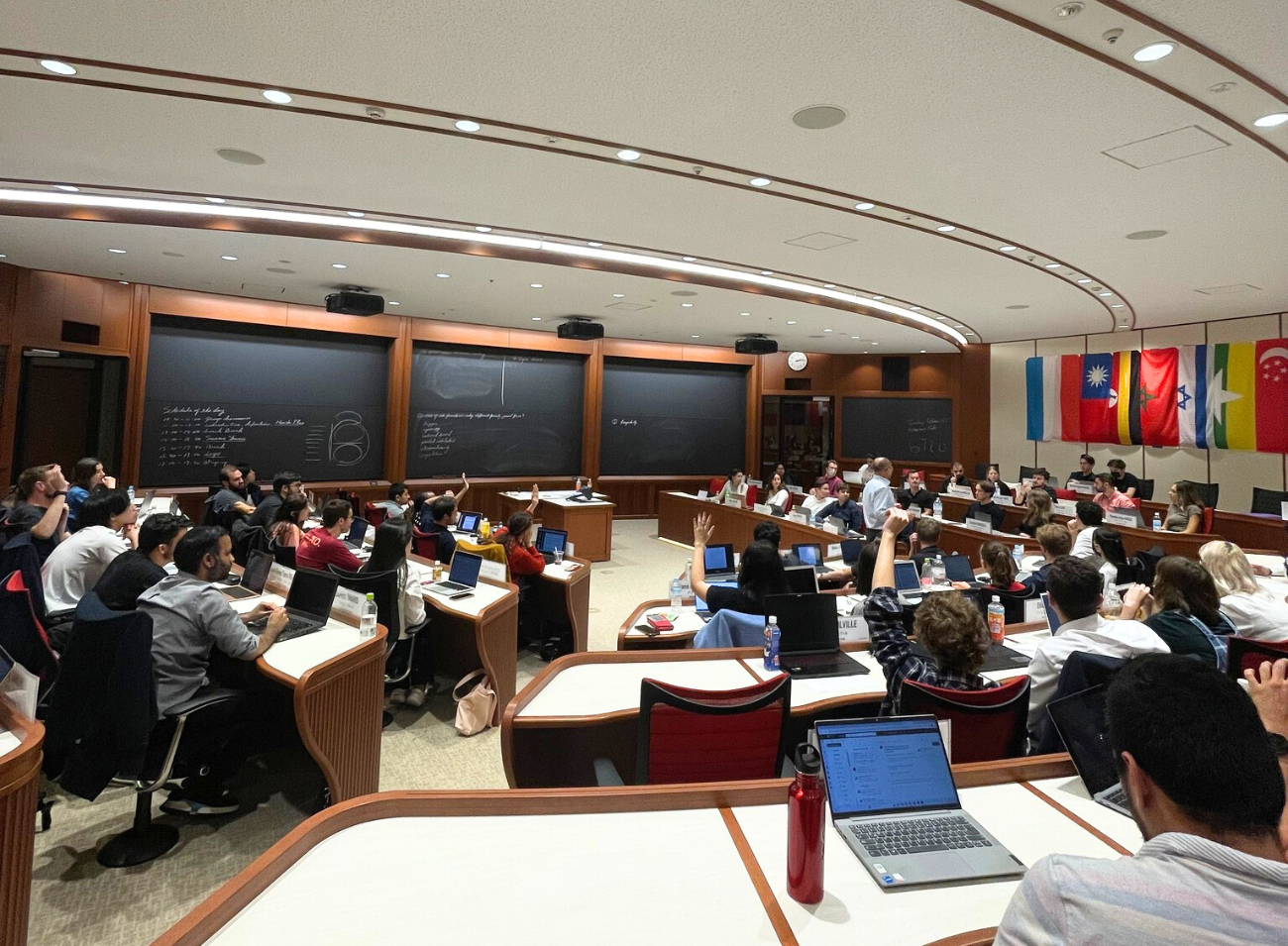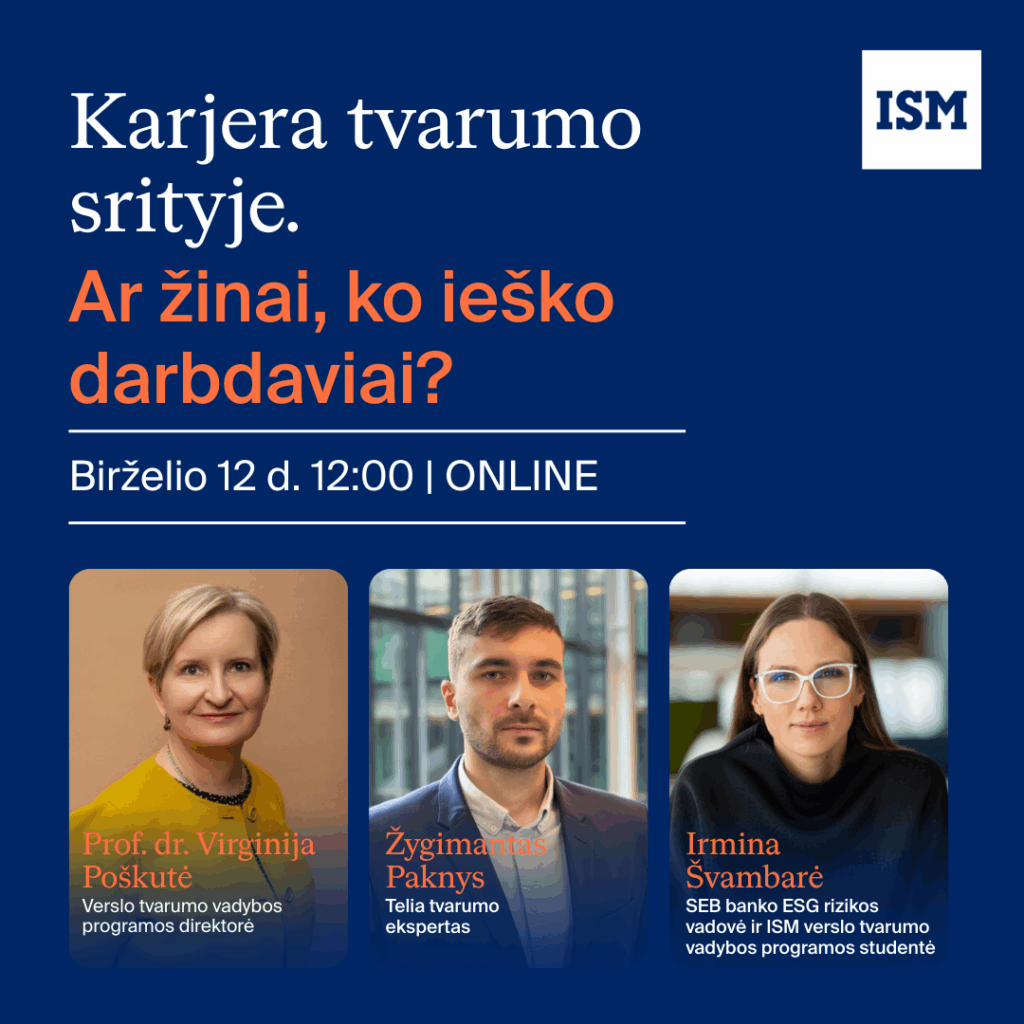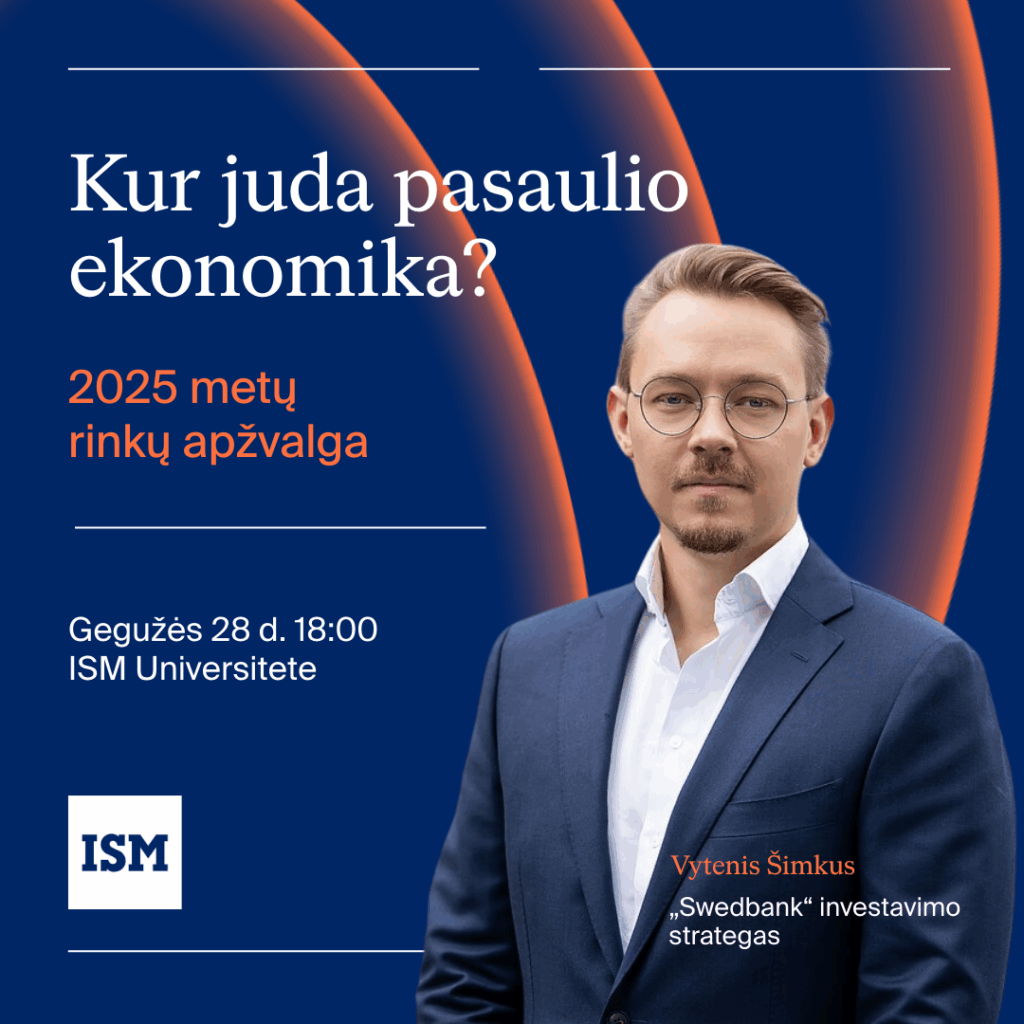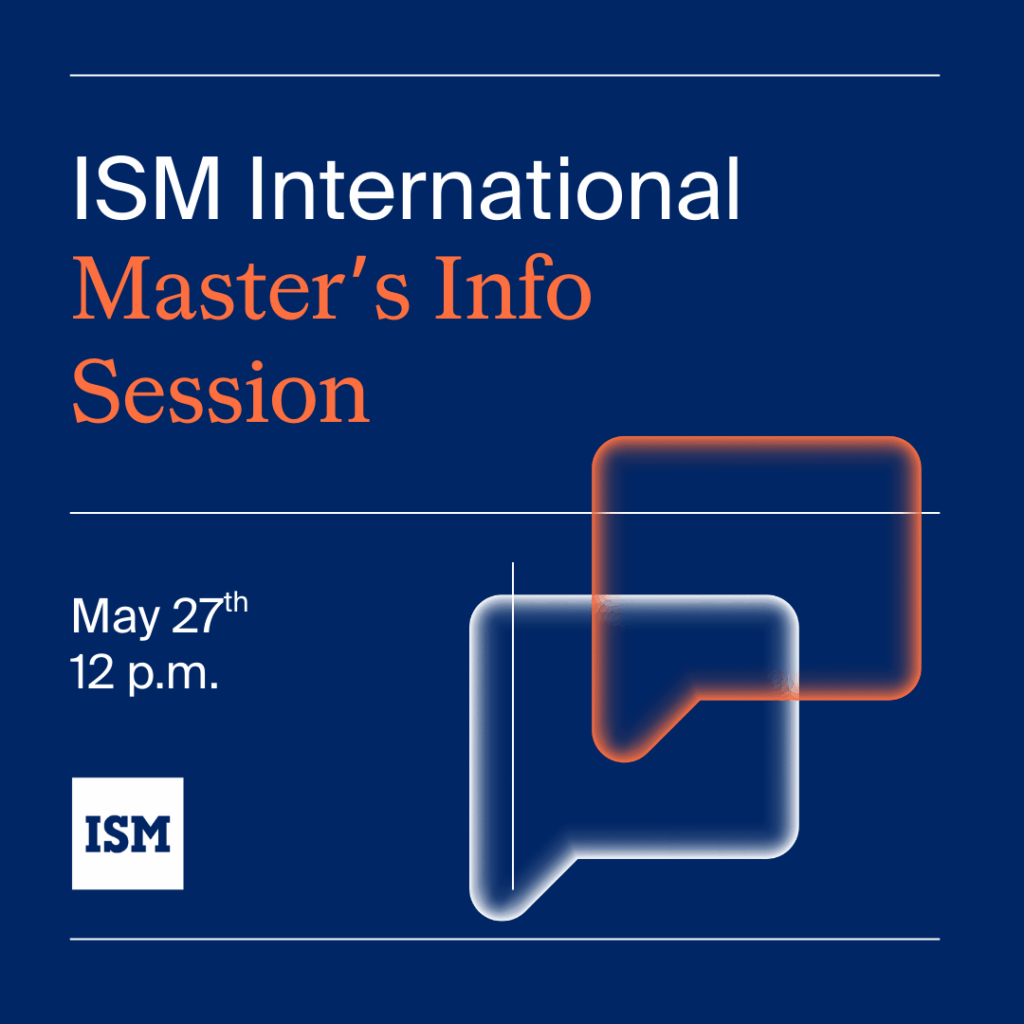Finansų ekonomika (magistrantūros studijos)
Tapk geidžiamu finansų ekspertu. Išmok pritaikyti matematinės statistikos metodus ir ekonometrijos modelius įmonių finansų, finansinių rinkų ir institucijų analizei. Programa pripažinta tarptautine FIBAA akreditacija.
Registruotis konsultacijai
Susipažink su studijų programa iš arčiau
Programos išskirtinumai
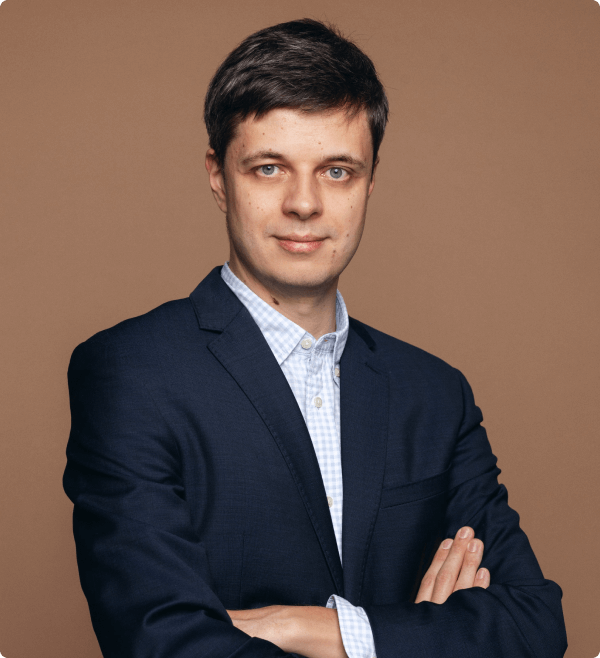
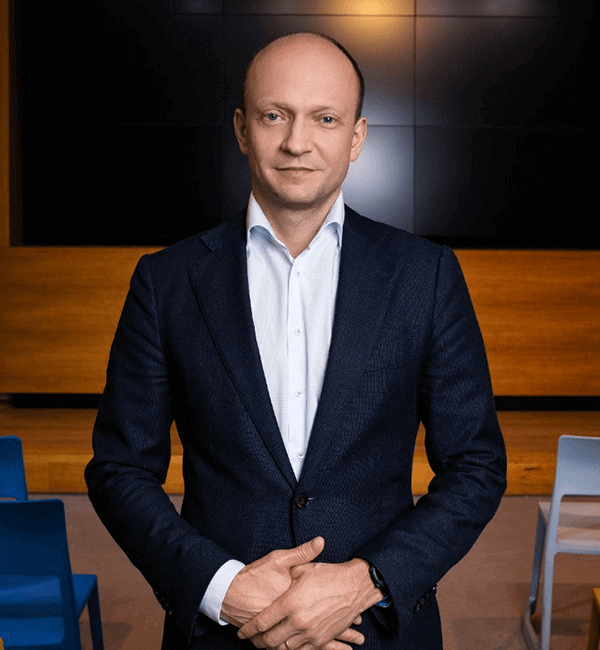
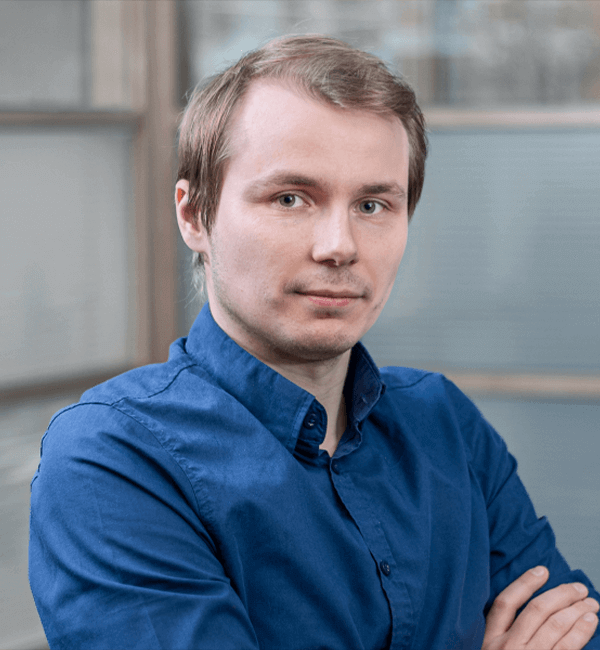





Programos struktūra
Ką išmoksiu?
Ką išmoksiu?
Ką išmoksiu?
Ką išmoksiu?
Mokomieji dalykai
Kokiose srityse įgysiu ekspertiškumo baigęs šią programą?
Įgysi stiprius analitinius įgūdžius per įmonės finansų, finansų rinkų ir finansų inžinerijos prizmes
Išlavinsi ekonomikos ir finansų modeliavimo įgūdžius
Gebėsi finansiškai ir ekonomiškai pagrįsti siūlomus organizacijų ar vyriausybių politinius sprendimus ir pasirinktus verslo modelius
Įgysi rizikos ir portfelių valdymo patirties

Studijos ISM – prieinamos kiekvienam
Kainos
Investicijos į studijas atsiperka
Finansavimo galimybės
Galimybės užsienyje

Studijų turas į didžiausią pasaulio finansų centrą – Londoną!
Aplankysi tokias finansų institucijas ir organizacijas, kaip „Moody‘s“, Londono vertybinių popierių birža (London Stock Exchange), Anglijos bankas ( The Bank of England), CFA Institutas*- Aplankysi tokias finansų institucijas ir organizacijas, kaip „Moody‘s“, Londono vertybinių popierių birža (London Stock Exchange), Anglijos bankas ( The Bank of England), CFA Institutas*;
- Dalyvausi „Bloomberg Essentials“ mokymų programoje, kurios metu turėsi galimybę išlaikyti testą ir gauti „Bloomberg Markets Concepts“ sertifikatą;
- Turėsi galimybę suprasti, kaip veikia finansų ekosistema ir susipažinti su finansų srities ekspertais;
- CFA Institutas supažindins su perspektyviausiomis ateities investavimo ir analitikos priemonėmis bei įrankiais.
Kiek laiko trunka? 4 dienas.
Kas gali vykti? Visi Finansų ekonomikos programos studentai.
Kiek kainuoja? 1494 Eur (įskaičiuotos skrydžio išlaidos, transporto išlaidos, apgyvendinimas, maitinimas, „Bloomberg“ sertifikavimo mokymai, turas po finansų institucijas, CFA simuliacija).
Svarbu! Lankomos organizacijos ir institucijos dar gali keistis. Turai vyks susidarius 12 studentų grupei. Vizitai bus organizuojami, jei leis pandeminė situacija.

Dvigubas diplomas BI Norwegian Business School
Studijos Norvegijoje, viename iš 1 procento pasaulio universitetų, turinčių “Triple Crown” akreditaciją (AMBA, EQUIS, AACSB)Kaip tai veikia? Pirmus studijų metus praleisi ISM Universitete, Vilniuje. Antrus studijų metus – BI Norwegian Business School Osle.
Kiek kainuoja? Mokantis su dvigubo diplomo programa, už pirmuosius studijų metus mokama standartinė kaina ISM Universitetui, o antraisiais metais mokama BI Norwegian Business School Universiteto kaina, su 10% nuolaida.
Kiek laiko trunka? Bendras studijų laikotarpis – 2 metai.
Ar teikiama apgyvendinimo paslauga? Gyvenamosios vietos studentai ieško savarankiškai arba su partnerio universiteto pagalba.
Ką gausiu iš šios programos? Beveik per tą patį laiką gausi dviejų aukštųjų mokyklų diplomus. Formuosi tarptautinį savo pažinčių ratą. Mokydamasis užsienio šalyje praplėsi savo akiratį ir gebėsi laisvai orientuotis bei dirbti multikultūrinėje aplinkoje.
Naujienos ir renginiai
Magistrantūros studijų programos
Svarstai apie studijas?



